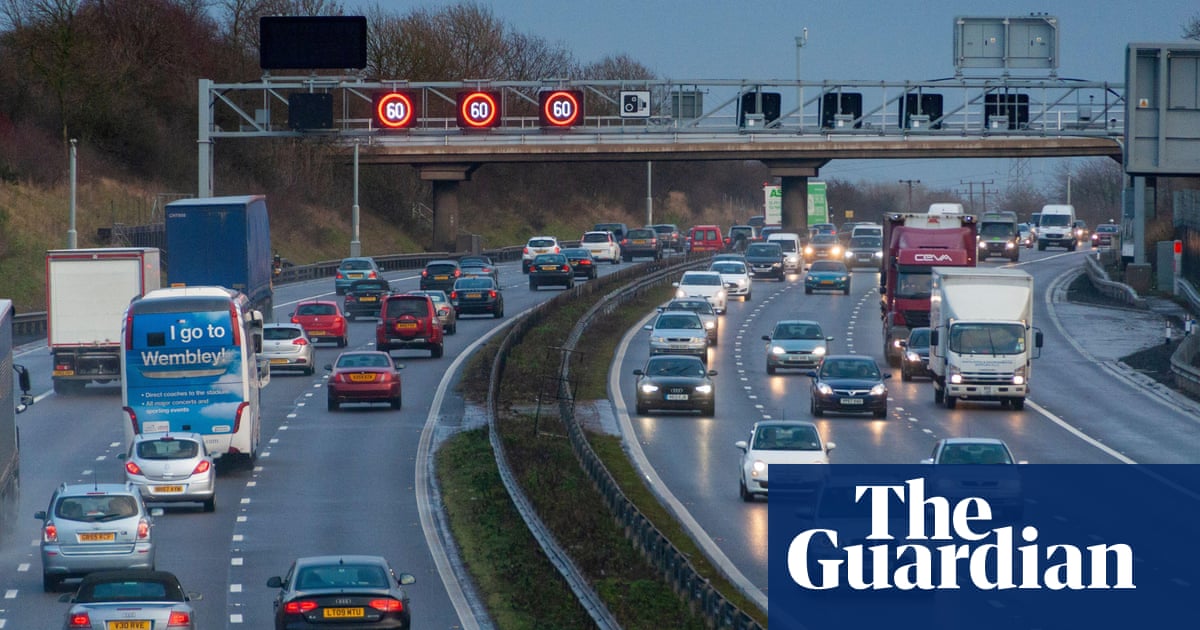Britain leads the way – at least when it comes to taxing travellers

- by Admin
- October 30, 2024

Meanwhile, the increase in the rate applied to private jets is swingeing, as the Chancellor pointed out gleefully to serial user Rishi Sunak. The most expensive rate will go up from £607 to £673 per passenger in April 2025 and then to just over £1,000 from April 2026. And the Government says it is also “consulting” on whether or not to extend this rate to include more private jets.
APD is a departure tax imposed on anyone on a domestic or international flight from the UK. It is not something most travellers are aware of because it is automatically added to the cost when you buy an airline ticket involving a flight departing from a UK airport. You probably won’t even notice it, because airlines are legally obliged to include it automatically in all their quoted prices. But it can make a huge proportional difference to the cost of a flight, especially if you are booking a bargain fare at the lower end of the market. For example, some £13 of a Ryanair £19.99 special offer to a European airport is paid to the Government in APD. Likewise, it makes a significant overall difference to the cost of long-haul flying.
Rates are set according to four different bands: domestic flights, and three international rates, based on the distance from London to the capital city of the country concerned. The under 2,000-mile band includes all of the Mediterranean and the Canaries. Next up is 2001-5,500 miles, which includes, for example, Egypt, all of the US, the Caribbean, the Middle East and much of Africa. Flights of more than 5,500 miles are in the highest band; full details can be found here.
Britain is already a global leader when it comes to taxing travellers. Not only do we have probably the most complex system in the world, but we also have by far the steepest rates. The amount we are charged for flights between 2,000-5,500 miles is streets ahead of the highest rivals I have been able to find: Fiji at 140 Fijian dollars (£47) for departing passengers; Germany, €15.53 (£12) to €70.83 (£59) and Australia, 70 Australian dollars (£35.45). The latest budget has ensured that Britain maintains its unenviable record for taxing holidays and travel.
The Latest News
-
December 23, 2024Sharp fall in UK business activity forecast as economic gloom deepens
-
December 22, 2024Elon Musk’s British cousin reveals how brutally world’s richest man snubbed him: ‘I’m shocked that…’
-
December 22, 2024‘Labour will torpedo my firm’: One of Britain’s OLDEST family businesses says inheritance tax plans could destroy his finances in ‘blink of an eye’ after 250 years of trading
-
December 22, 2024UK Weather: Wind messes up UK travel plans
-
December 22, 2024Life in one of Britain’s most miserable towns: Locals in Barking blast council ‘shambles’ and say shopping centre is so empty it is like living in a ‘ghost town’





